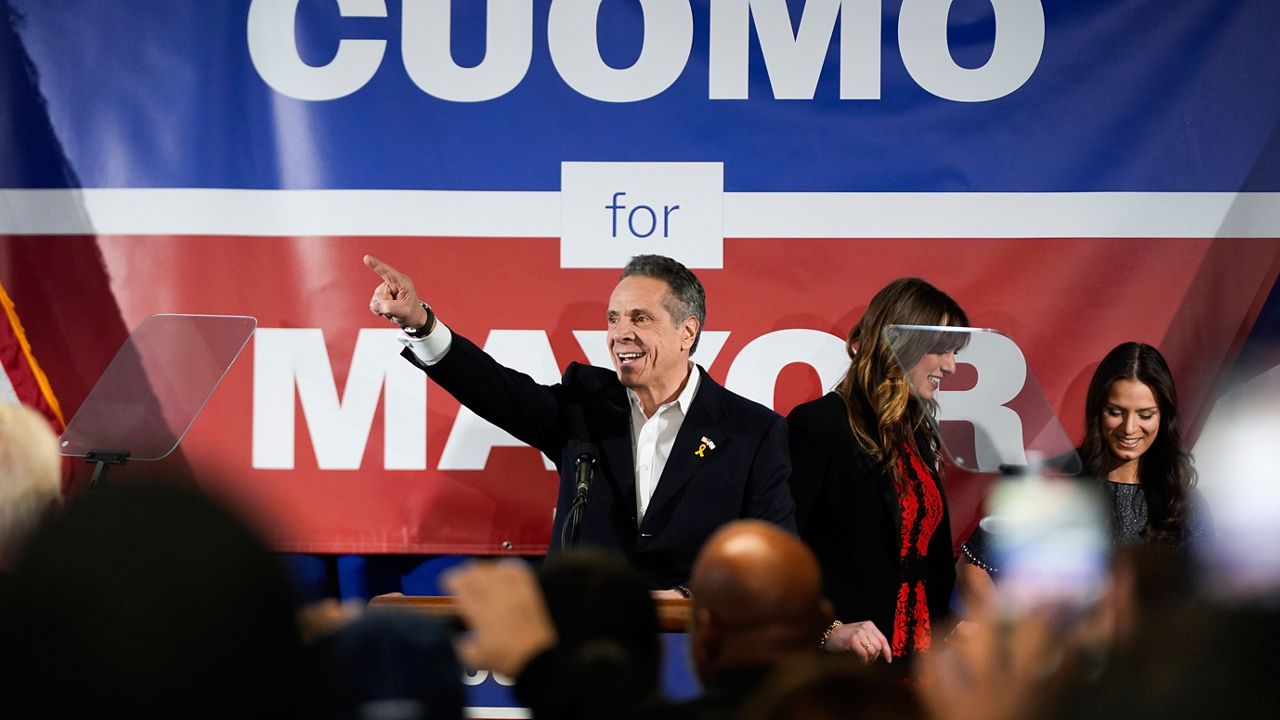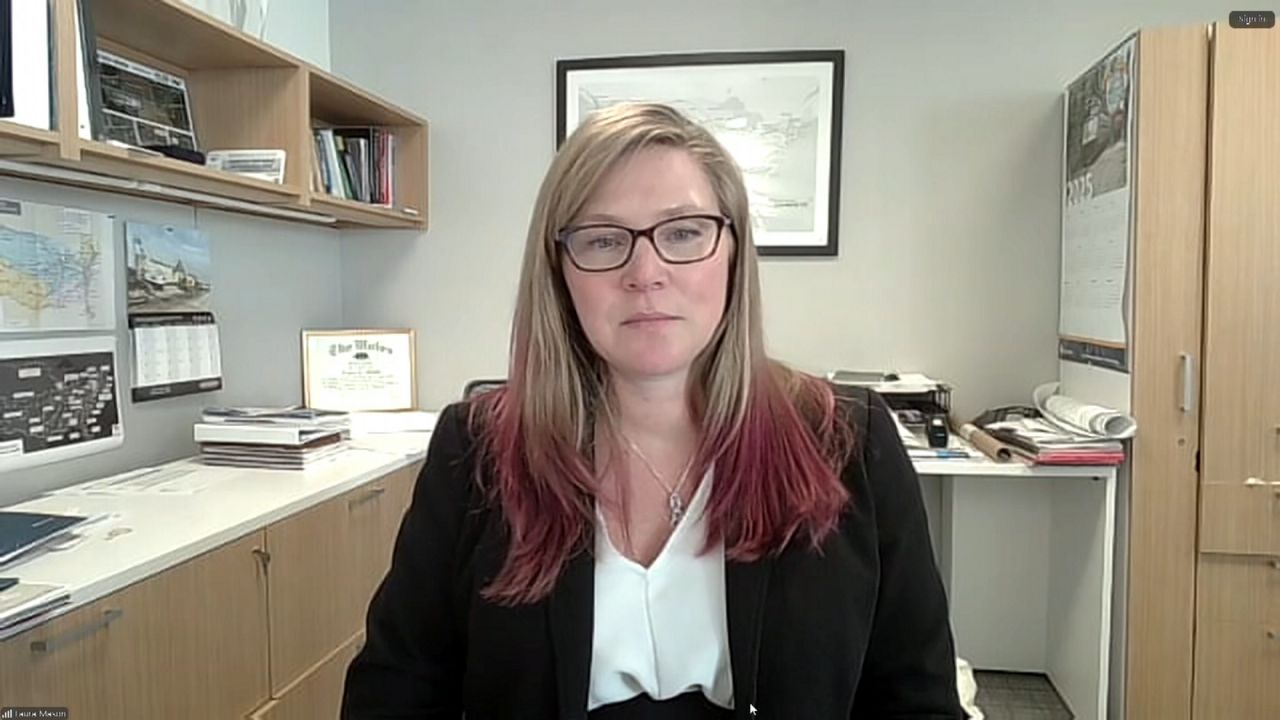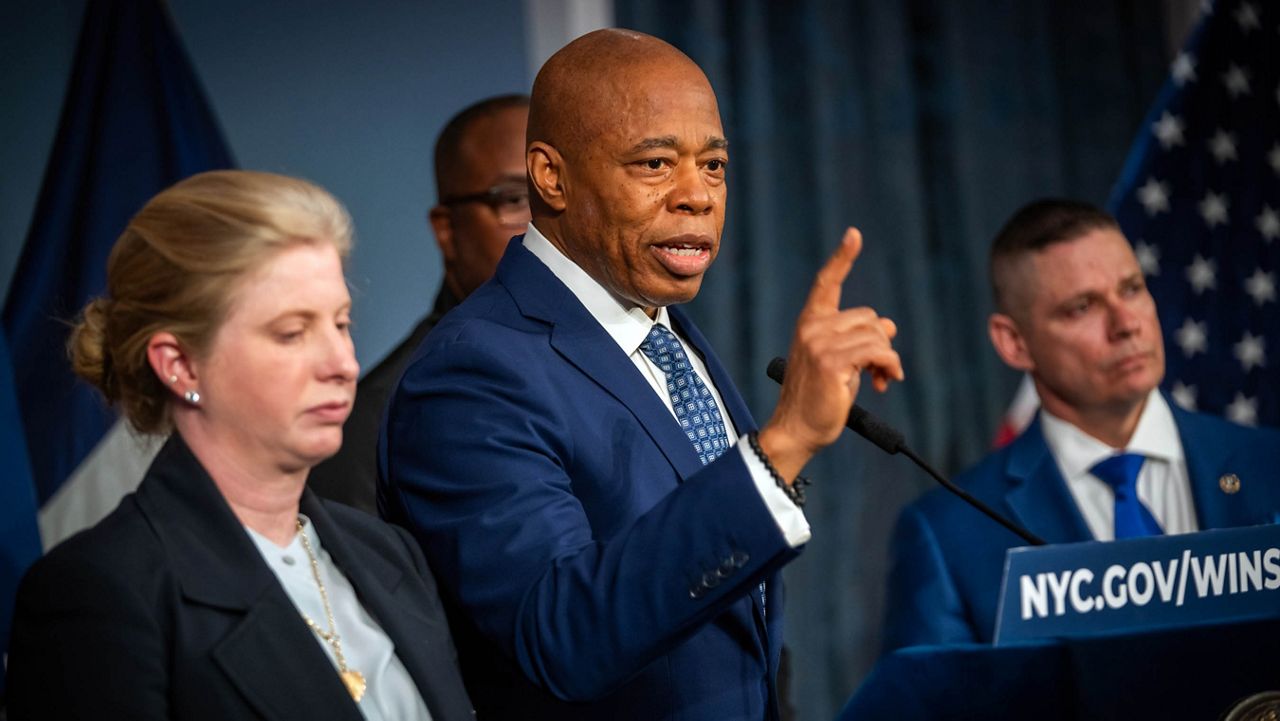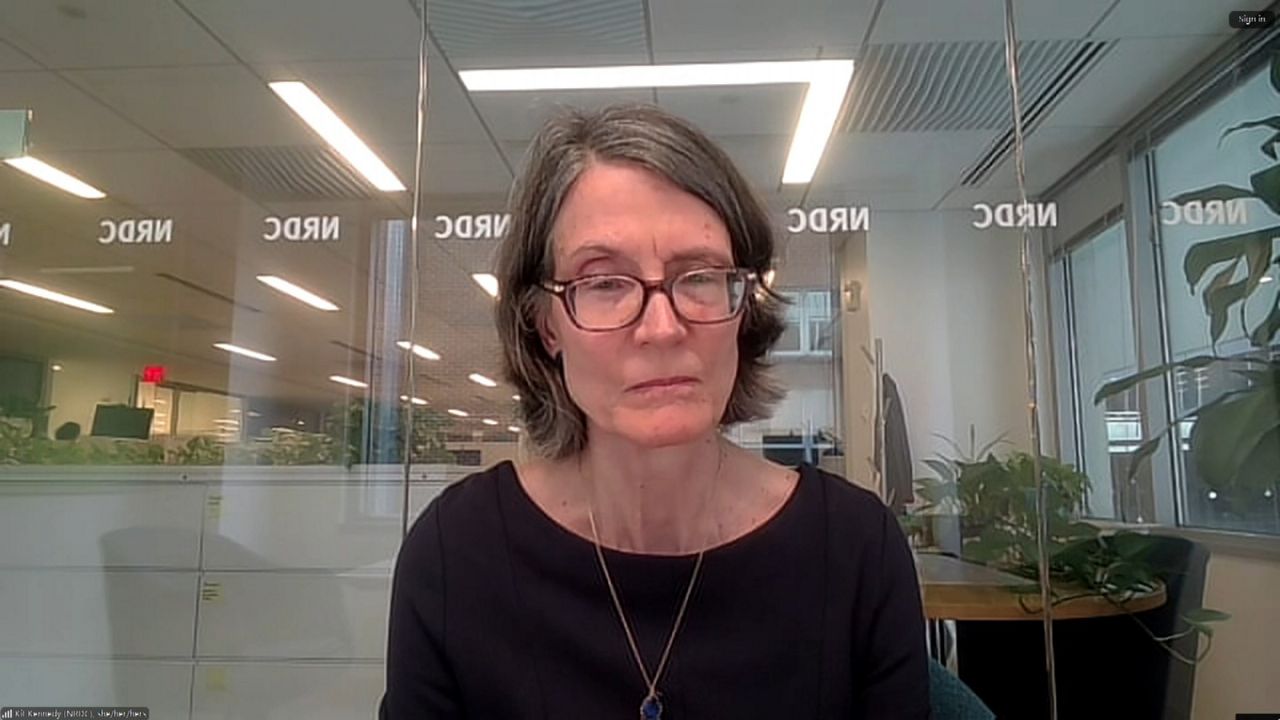When Gov. Andrew Cuomo first told the state legislature that he wanted to restructure the leadership of the MTA during the final week of their session, lawmakers initially told him "no."
However, when a drafting error held up its criminal justice reform bill known as “Clean Slate,” the Legislature suddenly needed his help to push the bill along, and the makings of a deal were in the works.
But in the final hours of the Albany legislative session, it all fell apart.
"If it’s unusual, maybe it’s a good thing that we did the unusual thing," said state Senate Deputy Majority Leader Michael Gianaris. "Because throwing together would-be laws at the last minute without the public being able to see them, without legislators getting time to think about them, discuss them as we should, is not the best way to govern."
Cuomo was hoping to split the MTA leadership into two jobs, a CEO and a board chair. Currently, both titles are held by Pat Foye, who is leaving the agency.
The Clean Slate bill would seal criminal records after a set period of time, making it easier for those who were incarcerated to apply for jobs and housing.
But when yet another drafting error was brought to the attention of lawmakers in the Assembly about the Clean Slate bill, senators said they’d had enough and decided to call it quits. The Assembly stayed late and passed Cuomo’s MTA bill.
Both houses raised the prospect of gaveling back in later this month to complete work on both bills.
"I’ll tell you, we have passed the point where we understand that it’s never over when it’s scheduled to be over," said Senate Majority Leader Andrea Stewart-Cousins. "There is always the possibility of coming back."
The final week was not without some successes. Both houses managed to pass the parole reform bill known as “Less is More,” which makes it harder to put people back in prison for minor parole violations.
And both houses also passed the “Housing our Neighbors with Dignity Act,” which allows vacant hotels and commercial properties to be converted into affordable housing.
"The reality is that we are not going to build affordable housing without government intervention," said Assemblywoman Karines Reyes of the Bronx. "This is another way where government could use resources to make sure that we are creating the housing stock necessary to house poor, low-income and homeless individuals in our state."
Gaveling back into session is no longer complicated, since during COVID-19, the houses could come to order virtually. However, leaders are often reluctant to come back after session ends, because every lawmaker wants to get all their bills done that they previously did not. The wish list is long -- so it will all depend on how much progress is made on the MTA bill and Clean Slate.
The state legislative session ended with a bit
of a whimper last night when a last-minute deal failed to restructure the MTA
and pass meaningful criminal justice reform.
The unusual setback for Governor Cuomo may have been caused by multiple
scandals this year that have distracted and weakened him.
State House Reporter Zack Fink has the story.
Pkg:
When Governor Cuomo first told the state legislature that he wanted to restructure
the leadership of the MTA during the final week of their session, lawmakers
initially told him ‘no.’
But when a drafting error held up its criminal justice reform bill known as
“Clean Slate,” the Legislature suddenly needed his help to push the bill along,
and the makings of a deal were in the works.
But in the final hours of the Albany legislative session, it all fell apart.
[[sot - michael Gianaris (d) senate deputy majority leader]]
“If it’s unusual, maybe it’s a good thing that we did the unusual thing.
Because throwing together would be laws at the last minute without the public
being able to see them, without legislators getting time to think about them,
discuss them as we should, is not the best way to govern.”
Cuomo was hoping to split the MTA leadership into two jobs, a CEO and a Board
Chair. Currently both titles are held by Pat Foye who is leaving the agency.
The Clean Slate bill would seal criminal records after a set period of time,
making it easier for those who were incarcerated to apply for jobs and housing.
But when yet another drafting error was brought to the attention of lawmakers
in the Assembly about the Clean Slate bill, Senators said they’d had enough,
and decided to call it quits. The Assembly stayed late and passed Cuomo’s MTA
bill.
Both houses raised the prospect of gaveling back in later this month to
complete work on both bills.
[[sot - Andréa Stewart- Cousins/senate majority leader]]
“I’ll tell you we have passed the point where we understand that it’s never over
when it’s scheduled to be over. There is always the possibility of coming
back.”
The final week was not without some successes. Both houses managed to pass the
parole reform bill known as “Less is More,” which makes it harder to put people
back in prison for minor parole violations.
And both houses also passed the “Housing our Neighbors with Dignity Act,” which
allows vacant hotels and commercial properties to be converted into affordable
housing.
[[sot - Karines reyes - (d) assembly - bronx]]
“The reality is that we are not going to build affordable housing without
government intervention. This is another way where government could use
resources to make sure that we are creating the housing stock necessary to
house poor, low income and homeless individuals in our state.”
[[standup]]
“Gaveling back into session is no longer complicated, since during COVID the
houses could come to order virtually. However, leaders are often reluctant to
come back after session ends, because every lawmaker wants to get all their
bills done that they previously did not. The wish list is long -- so it will
all depend on how much progress is made on the MTA bill and Clean Slate.









